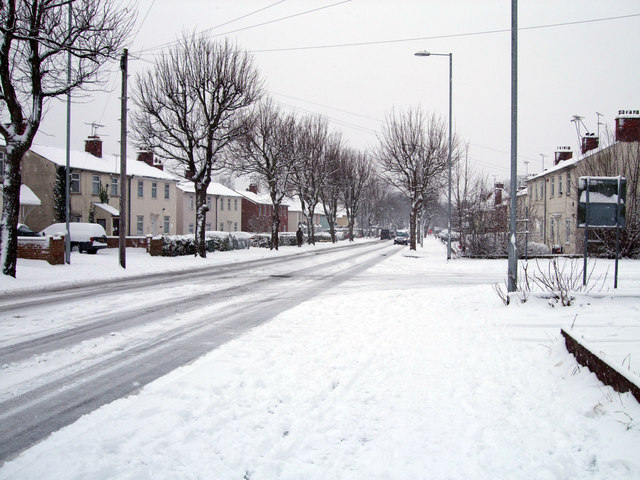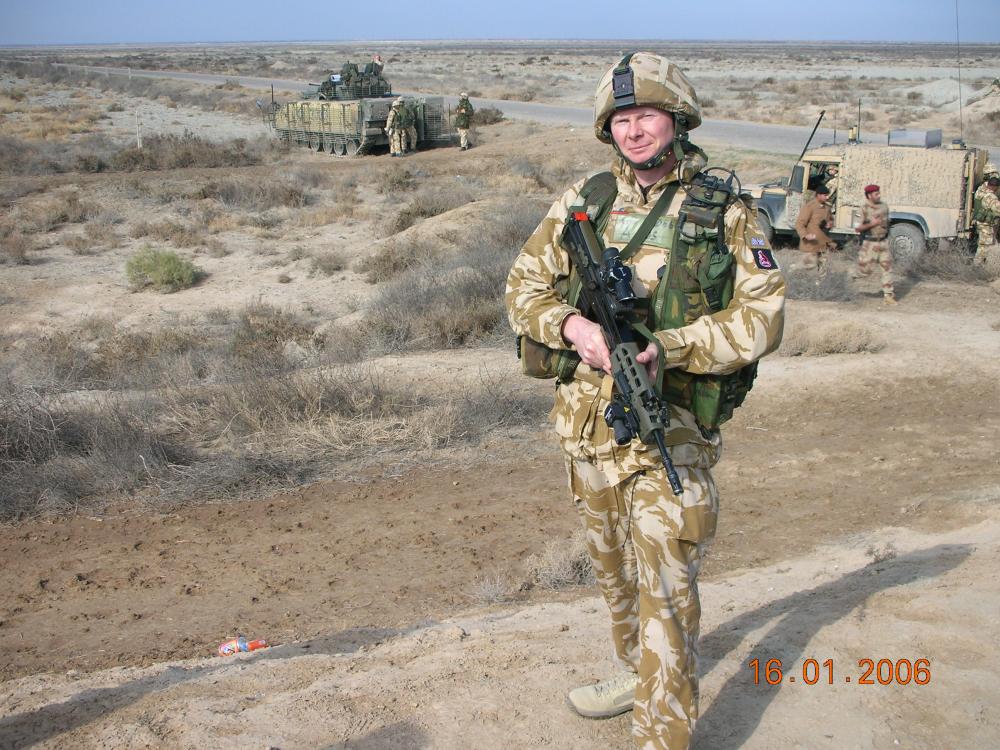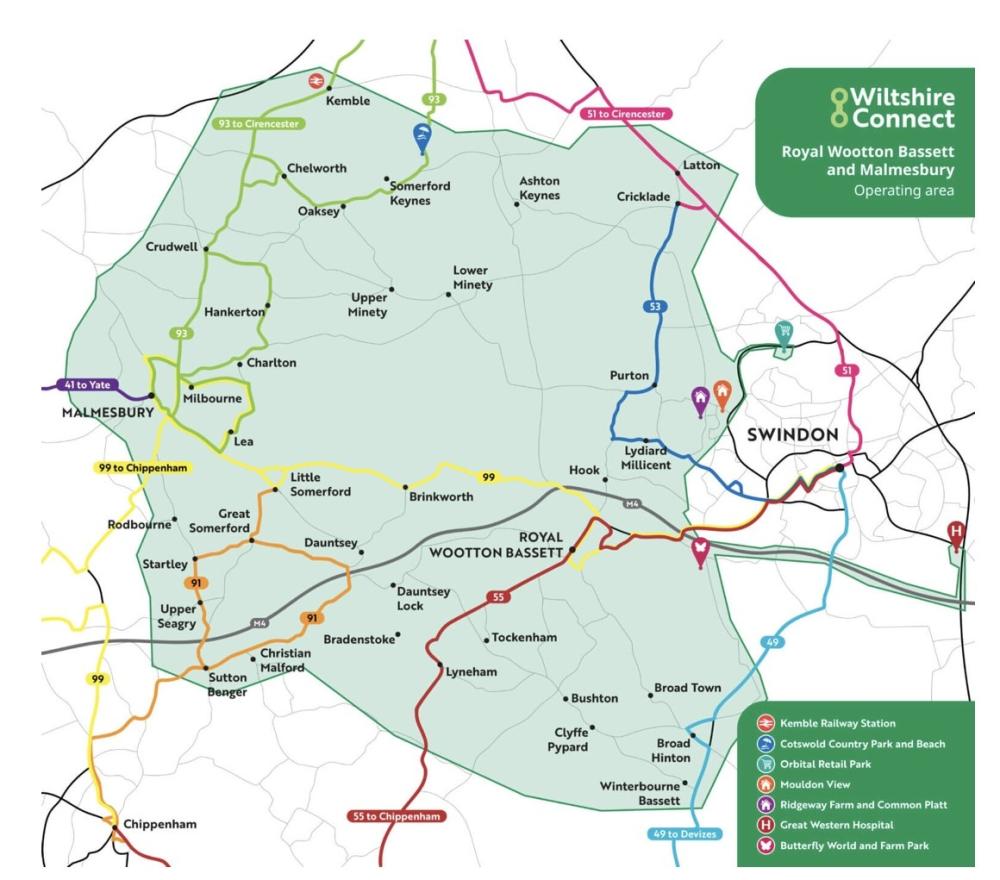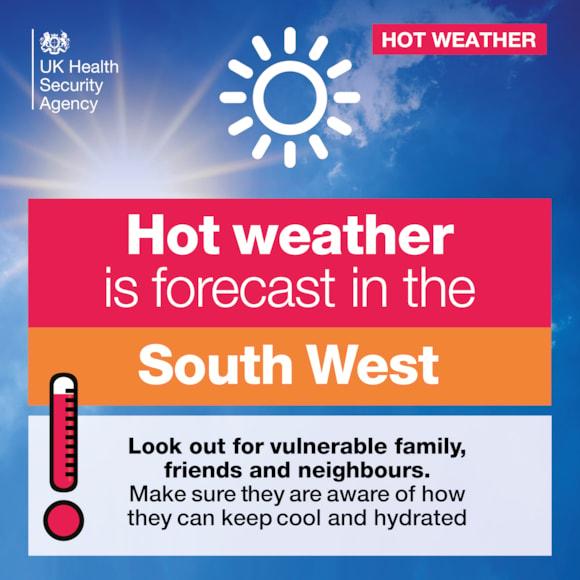Dorset & Wiltshire Fire and Rescue Service have issued safety advice for the public as the snow falls over Swindon.
Whenever local waterways, ponds etc freeze over, the fire and rescue service nationally always see a spike in calls to help people who have fallen through ice, often when trying to rescue dogs.
Area Manager Dave Graham said: “From the bank, ice can look firm enough to take your weight, and it can even feel safe when you first venture out, but it takes just a second for the ice to crack and suddenly you’re submerged in freezing cold water. People have died after going out on frozen lakes, and we don’t want that to happen in Dorset or Wiltshire.
“Even the weight of a dog can be enough to break the ice, so always keep your pets on a lead, don’t let them roam on ice-covered water and be careful not to throw sticks or balls near ice.”
If you do experience a dog or person falling through the ice, call 999 immediately and ask for the Fire & Rescue Service – firefighters have the necessary equipment and training to make a safe rescue. Do NOT attempt any rescue of your own, as you will be putting yourself in danger.
If you see someone fall through ice:
- Shout for assistance and call 999 immediately
- Stay off the ice
- Shout to the casualty to keep still
- Try and reach them from the bank using a rope, pole, tree branch, clothing tied together or anything else that extends your reach
- When reaching from the bank, lie down to avoid being pulled onto the ice
- If you cannot reach them, slide something that floats – like a rescue buoy – across the ice for them to hold on to stay afloat
- If the casualty is out of reach, wait for the emergency services while calming and reassuring them
As the weather gets colder, it’s inevitable that people will also want to spend more time indoors staying as warm as possible. Using additional heating is understandable, but this can increase the risk of fire. By following some simple rules, you can stay safe and warm:
- Open fires can provide a relaxing and atmospheric way to keep warm, whereas portable heaters are handy to move around – but it’s important to use them safely
- Always use a fire guard to protect against flying sparks and hot embers from an open fire.
- Use a metal container to store any ashes.
- Make sure ashes are not left near any potentially flammable objects.
- Ensure ashes are completely out before disposing.
- Make sure embers are under control and properly extinguished before you go out or go to bed.
- Get your chimney swept regularly.
- Keep portable heaters away from curtains and furniture and never use them for drying clothes.
- Always unplug electric heaters when you go out or go to bed.
- Gas fires should be serviced every year by a competent engineer.
- Electric blankets can help you keep warm during the cold nights, but they can be a danger if not used properly – 440 injuries result from every 1,000 fires started by an electric blanket:
- Never use hot water bottles in the same bed as an electric blanket, even if the blanket is switched off.
- Unplug blankets before you get into bed, unless they have a thermostat control for safe all-night use.
- Don’t fold up electric blankets as this damage the internal wiring. Store them flat or rolled up instead.
The adverse weather is also affecting driving conditions, and AM Graham said: “There are basic safe driving principles which apply in all adverse conditions, but especially when there is ice or snow. We would urge people to follow the forecasts and abide by any travel advice that is issued – while the snow continues to fall, you should only attempt to travel if it is absolutely vital.”
The following advice is worth bearing in mind:
- Before you drive, please clear all snow and ice from your vehicle.
- Slow right down – if visibility is poor or the road is wet or icy, it will take you longer to react to hazards and your speed should be reduced accordingly. If you have a temperature gauge in your vehicle that is showing zero degrees or below, then presume that the roads will be icy.
- Maintain a safe gap behind the vehicle in front – stopping distances are double in the wet and ten times greater in icy weather. The gap between you and the vehicle in front is your braking space in a crisis.
- Look out for vulnerable road users – be aware that people on foot, bicycles, motorbikes and horses are harder to spot in adverse weather and in the dark. Drive as though someone could step out in front of you at any time.
- Look out for signs warning of adverse conditions – including fixed signs, such as those warning of exposure to high winds, and variable message signs on motorways that warn of fog, snow and which may display temporary slower speed limits.
- Stay in control – avoid harsh braking and acceleration and carry out manoeuvres slowly and with extra care.
- Use lights – put lights on in gloomy weather or when visibility is reduced. Only use front and rear fog lights in dense fog.
- Listen to travel news on local radio so you know where problem areas are.
- Make sure you have an emergency kit in your car, including ice scraper and de-icer, warm clothes, a torch, jump leads, a car charger for your mobile phone and food/drink.
A full range of advice for staying safe at home and on the roads, including links to other useful websites, can be found at www.dwfire.org.uk/get-ready-winter









Your Comments
Be the first to comment on this article
Login or Register to post a comment on this article